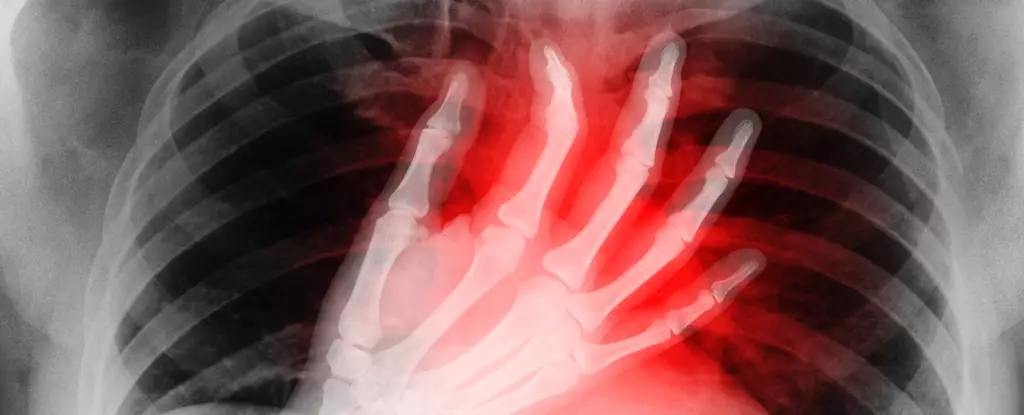As we approach the festive season, the joy of gatherings, celebrations, and traditions fills the air. However, amidst the cheer, there’s a hidden risk many may overlook — the phenomenon known as “holiday heart”. This term refers to a specific type of heart rhythm disorder that can arise from excessive alcohol consumption during holiday celebrations. In this article, we will delve into the causes and implications of holiday heart, explore its symptoms, and provide practical advice on how to mitigate the associated risks.
The Link Between Alcohol and Arrhythmia
The phenomenon of holiday heart, while widely acknowledged, is often unfamiliar to many individuals who partake in binge drinking during holiday festivities. Binge drinking can be defined as consuming a substantial amount of alcohol in a short timeframe, which is frequently seen during celebrations like Christmas and New Year’s Eve. The acute intake of alcohol can lead to irregular heartbeats, medically termed alcohol-induced atrial arrhythmia. Although the condition can occur at any time, its prevalence spikes during the holiday season when individuals are more likely to indulge in excessive drinking.
When alcohol disrupts the body’s natural systems, particularly the nervous system, it can trigger a cascade of physiological responses. These responses may include dehydration and inflammation, both of which contribute to disturbances in the heart’s electrical conduction system. As a result, individuals may experience palpitations, light-headedness, and even fainting spells. Understanding this connection is crucial for anyone who enjoys the celebratory libations of the season.
The symptoms of holiday heart can range from mild to severe. Commonly reported sensations include a racing heart, fluttering in the chest, and significant shortness of breath. However, what’s particularly alarming is that these symptoms can sometimes be absent. Many individuals might only discover an irregular heartbeat during a health assessment for unrelated issues. This underscores the importance of being vigilant when it comes to one’s health, especially during times known for heightened alcohol consumption.
For those who suspect they may be experiencing holiday heart, seeking timely medical attention is vital. Healthcare professionals typically conduct a battery of tests to assess heart rhythm irregularities. These tests often include an electrocardiogram (ECG), a non-invasive procedure that monitors the electrical activity of the heart, and blood tests to evaluate electrolyte levels and overall organ function. Early diagnosis and intervention can significantly improve outcomes and reduce potential risks associated with continued alcohol consumption.
While many individuals diagnosed with holiday heart will recover with appropriate lifestyle adjustments and medical care, the implications can be more serious for some. Atrial fibrillation, the most common heart rhythm disorder, is seen in a notable percentage of cases; it can lead to severe complications if left untreated. This includes an elevated risk of stroke and other cardiovascular events, which makes a strong case for responsible drinking, especially among individuals with pre-existing health conditions or those predisposed to heart issues.
There is no definitive guideline defining the number of drinks that may trigger this condition, posing a challenge for individuals seeking to manage their alcohol intake. Nonetheless, conventional wisdom advocates for moderation. The Australian guidelines recommend that both men and women limit their alcohol consumption to no more than ten standard drinks per week, with a maximum of four on any single day.
The good news is that holiday heart is largely preventable. One effective strategy is to pace your drinking during social gatherings. Alternating alcoholic beverages with water can help maintain hydration and mitigate some of the adverse effects of alcohol. Additionally, adopting a healthy lifestyle year-round can bolster heart health; this includes engaging in regular physical activity, managing stress levels, and adhering to a nutritious diet.
As the holidays approach, it is essential to remain aware of one’s health and the effects of alcohol consumption. By being proactive and making informed choices, individuals can enjoy festive celebrations while minimizing the risks associated with holiday heart. Ultimately, the goal is not to dampen the spirit of the season but to ensure that joy and good health can go hand in hand.


Leave a Reply